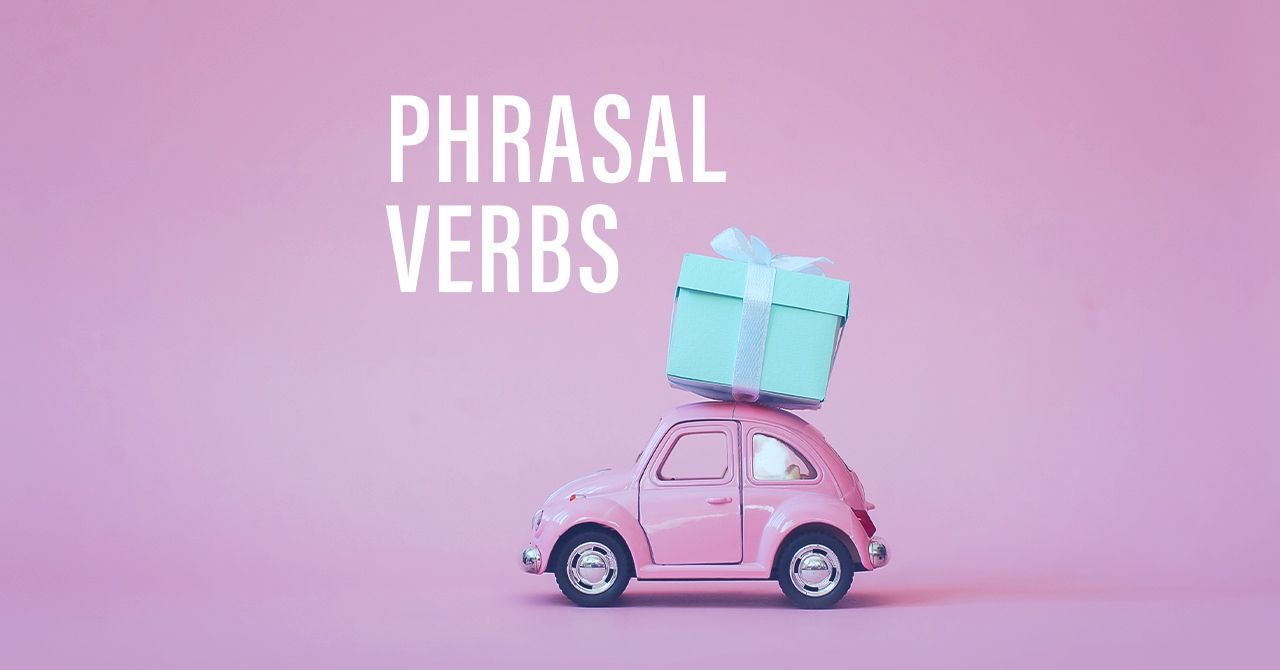English
Find lots of useful information for learning English. Don't miss our new articles.

What is the Grammar Loop?
Many students start out learning English and pay a considerable amount of attention to the grammatical rules as one would expect. However, many continue to learn, oblivious to the loop they are creating.

Ginormous—Is It a Real Word and When to Use It?
The meaning of “ginormous” is to be extremely large or very big, so it’s an adjective that describes a size.

Getting to Grips with Phrasal Verbs
A phrasal verb is the combination of mostly two words, they are made up of a verb and a particle or, sometimes, two particles.

A Guide to Spelling: Separate vs. Seperate
One of the English language’s most notoriously difficult words, separate has caused mistakes in spelling bees throughout the ages. It tends to trip up even native speakers more than most words do.

Prepositions of Place
“prepositions of place” can always be quite tricky for learners, but is there any wonder when Americans often use prepositions of place in the incorrect manner?

How to Use Common Text-Messaging Abbreviations: omw, tbf, ikr Meaning
Whether you use WhatsApp, iMessage, or just about any other platform with verbal messaging capabilities, here are a few of the most widely used acronyms and lingo to save you time and energy in expressing yourself.

Slow down! Speaking tips
It does not matter which language you choose to use. If you struggle to communicate well, then people may not understand you at all.

What is “Full-Proof”?
Most people are familiar with the definition of foolproof, but what about the full-proof?